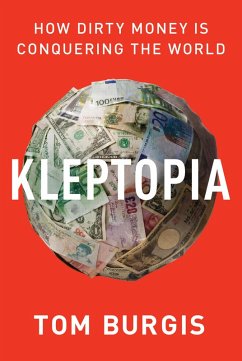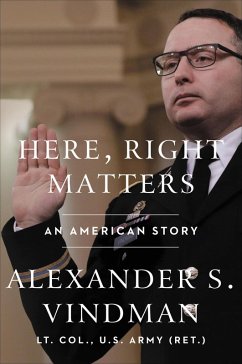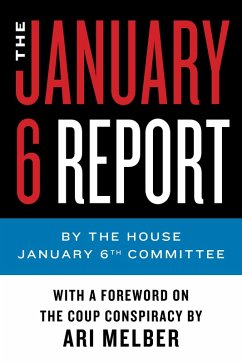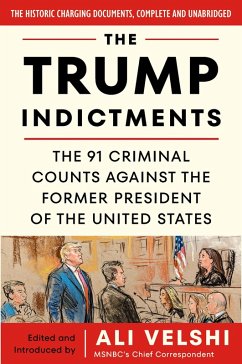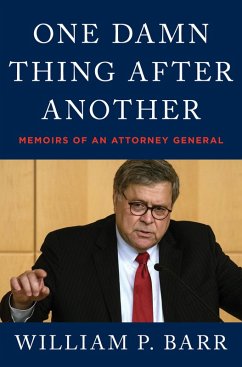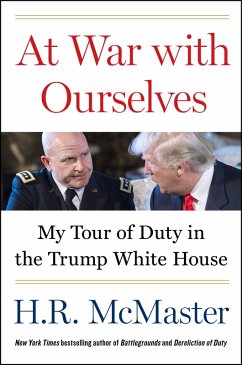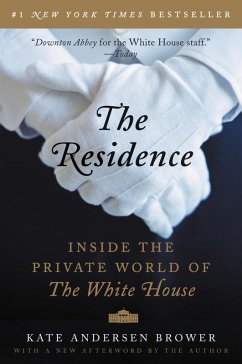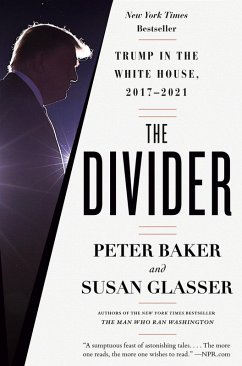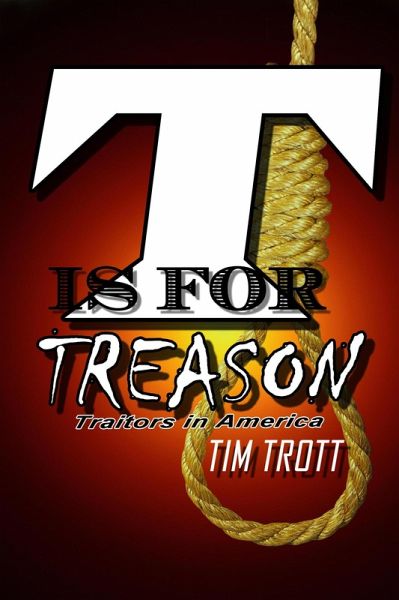
T is for Treason (eBook, ePUB)

PAYBACK Punkte
0 °P sammeln!
The Washington Post describes a social media landscape "littered" with accusations of treason. Politicians and others are making accusations of treason, often for trivial or misguided reasons.We may think we know what treason is, but laws are written, and over time, they are defined through revisions and court cases.In 1542, King Henry VIII accused one of his eight wives of having affairs before their marriage and of adultery, so he charged her with treasonand poor Queen Catherine was executed. George Washington was guilty of treason against England. Donald Trump accused two FBI agents of trea...
The Washington Post describes a social media landscape "littered" with accusations of treason. Politicians and others are making accusations of treason, often for trivial or misguided reasons.
We may think we know what treason is, but laws are written, and over time, they are defined through revisions and court cases.
In 1542, King Henry VIII accused one of his eight wives of having affairs before their marriage and of adultery, so he charged her with treason
and poor Queen Catherine was executed. George Washington was guilty of treason against England. Donald Trump accused two FBI agents of treason for investigating his ties to Russia. Some believe that the participants in the January 6th Capitol riot were traitors for attacking Congress, but so far none have been charged with treason.
Treason is broadly defined as the crime of "betraying one's country by attempting to overthrow the government through waging war against the state or by materially aiding its enemies". The three key elements necessary for an offense to constitute treason include (1) an obligation to the legal order, (2) the intent and (3) action to violate that obligation.
President Johnson thought Richard Nixon was guilty of treason. Both Reagan and George Bush may have committed treason in their secret dealings with Iran. There may be some members of Congress today whose loyalty to their oath of allegiance to the United States could be called into question.
That leaves many questions. Does treason require a formal declaration of war? Can a spy be guilty of treason? Would someone need to be a citizen to be charged with treason in the U.S.? Are there different kinds of treason?
To find the answers, it is important to understand the history of treason in the United States, and what defines treason in a legal sense. We need to know how that definition has changed over time, and how that definition has been applied in court. In that way, we are approximating the way a prosecuting attorney or judge might apply the law, we will let you be the judge.
Author Tim Trott is a masterful storyteller, weaving tales from several historical threads to create a compelling and revealing picture.
In this book, you see:
A brief overview of the history of treason in America
The real story of Benedict Arnold
What Richard Nixon was up to before his election
The story behind the story of Ronald Reagan
How George W. Bush became a "War President"
Donald Trump's view of treason
The present danger treason presents in America
This is the perfect book for anyone who appreciates US history and could enjoy a short and compelling summary of the ways our fellow Americans have worked to subvert the interests of their own country.
It has never been more important to understand the history of treason in the United States. We hope this book will illustrate the link between past attacks on our democracy and the threats we face today.
Get your copy of "T is for Treason"
We may think we know what treason is, but laws are written, and over time, they are defined through revisions and court cases.
In 1542, King Henry VIII accused one of his eight wives of having affairs before their marriage and of adultery, so he charged her with treason
and poor Queen Catherine was executed. George Washington was guilty of treason against England. Donald Trump accused two FBI agents of treason for investigating his ties to Russia. Some believe that the participants in the January 6th Capitol riot were traitors for attacking Congress, but so far none have been charged with treason.
Treason is broadly defined as the crime of "betraying one's country by attempting to overthrow the government through waging war against the state or by materially aiding its enemies". The three key elements necessary for an offense to constitute treason include (1) an obligation to the legal order, (2) the intent and (3) action to violate that obligation.
President Johnson thought Richard Nixon was guilty of treason. Both Reagan and George Bush may have committed treason in their secret dealings with Iran. There may be some members of Congress today whose loyalty to their oath of allegiance to the United States could be called into question.
That leaves many questions. Does treason require a formal declaration of war? Can a spy be guilty of treason? Would someone need to be a citizen to be charged with treason in the U.S.? Are there different kinds of treason?
To find the answers, it is important to understand the history of treason in the United States, and what defines treason in a legal sense. We need to know how that definition has changed over time, and how that definition has been applied in court. In that way, we are approximating the way a prosecuting attorney or judge might apply the law, we will let you be the judge.
Author Tim Trott is a masterful storyteller, weaving tales from several historical threads to create a compelling and revealing picture.
In this book, you see:
A brief overview of the history of treason in America
The real story of Benedict Arnold
What Richard Nixon was up to before his election
The story behind the story of Ronald Reagan
How George W. Bush became a "War President"
Donald Trump's view of treason
The present danger treason presents in America
This is the perfect book for anyone who appreciates US history and could enjoy a short and compelling summary of the ways our fellow Americans have worked to subvert the interests of their own country.
It has never been more important to understand the history of treason in the United States. We hope this book will illustrate the link between past attacks on our democracy and the threats we face today.
Get your copy of "T is for Treason"
Dieser Download kann aus rechtlichen Gründen nur mit Rechnungsadresse in A, B, CY, CZ, D, DK, EW, E, FIN, F, GR, H, IRL, I, LT, L, LR, M, NL, PL, P, R, S, SLO, SK ausgeliefert werden.




